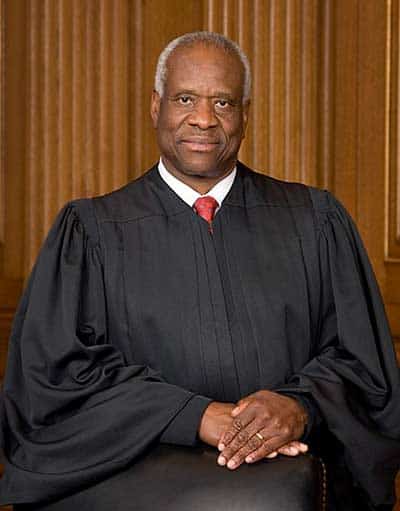NY vs. NRA: Statement by Former BOD Timothy Knight
The verdict in the NY vs. NRA case is due shortly.
Although I believe the case had some political motivations behind it based on the words of the New York Attorney General when she was running for office, I don’t think NRA members should dismiss the grave concerns revealed in what is now several court cases.
I, along with a few other directors, expressed concerns over the misappropriation of funds both internally and then later publicly in 2019.
We recognized who our boss actually was: our fellow members who were faithfully paying their dues.
The current NRA Board has failed in its duty to the NRA members, and I think that every single Board member who hasn’t openly spoken up about reform and responsibility should resign immediately.
Our Association deserves bold, honorable, and honest Board members focused on their legal responsibilities and on the members who elected them. No more should they focus on those who can dole out favors, vacations, car rides, consulting fees, and other grafts. We need to stop electing the silent, the complicit, or those who hope to be “trusted remainders” when this all blows over. Board members who are 2nd Amendment heroes, politicians, or captains of industry might once have been effective for our association. They are no longer effective and need to resign as well.
To fix our association, we need a much smaller board with term limits as well as a significant revision of the structure the board operates under. Strict disclosure rules for Board members and management need to be enforced and shared with NRA members during the annual meeting. This information should be disclosed to everyone during the main members’ business meeting, which is open to the public.
I trust the members who make up the association and in the mission statement that should always keep it focused. We need new leadership and a new board now. If both do not change, the slow degradation of our once great association will do more damage to our civil rights, hunting culture, gun safety education, and competitions that we can ill afford. My fellow members, if the court does not grant you the remedy you think is deserved, please stop supporting the do nothing, ne’er do wells, and the faded heroes.
I look forward to the day when the NRA, once again, through hard work and results, regains the trust of millions of law-abiding gun owners. We are stronger when we stand together as hunters, competitors, enthusiasts, advocates, and educators.
Timothy Knight
NRA Board of Directors 2015-2019

